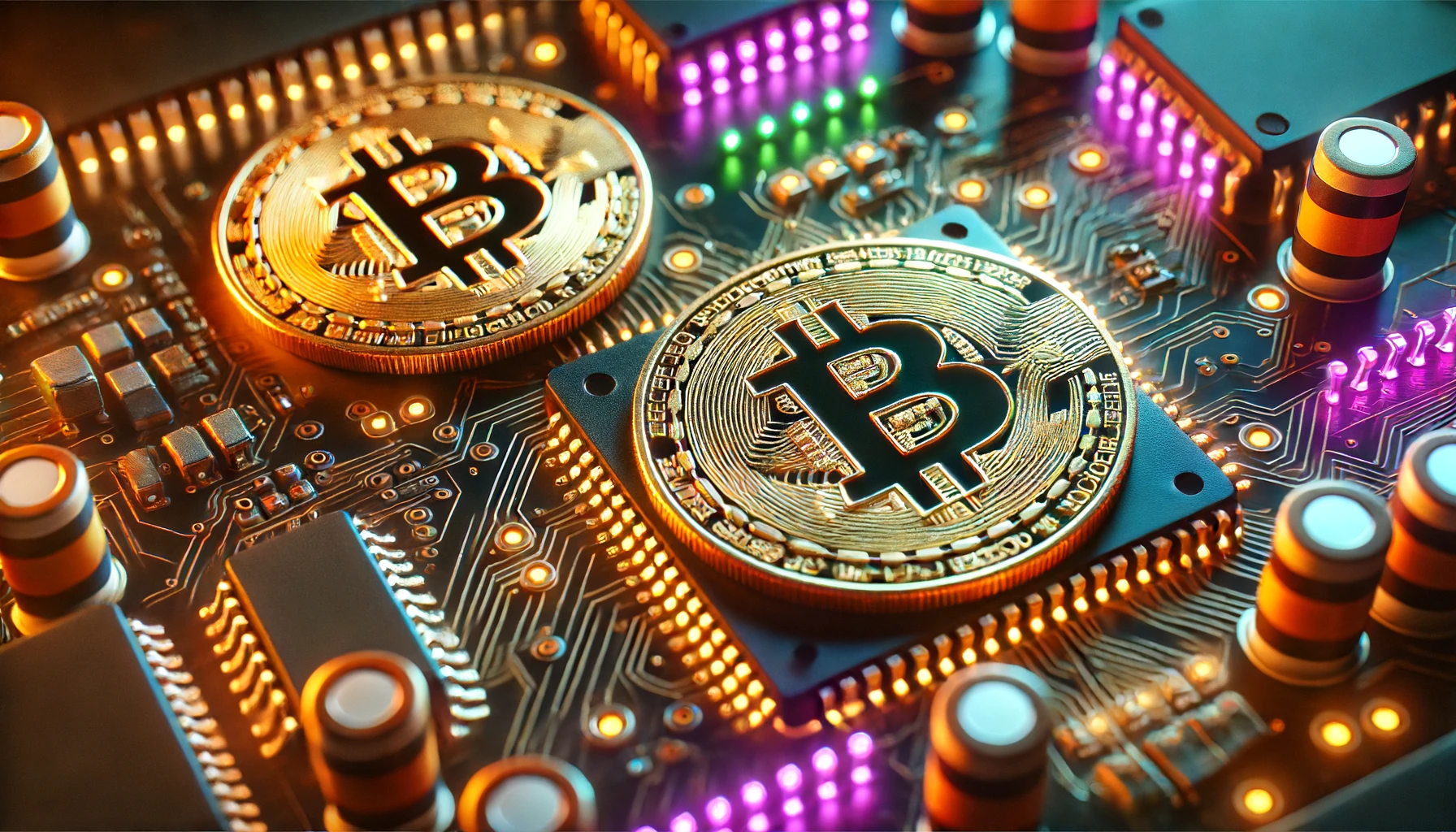Ripple celebrates the one-year anniversary of Judge Analisa Torres’ ruling that the secondary sale of XRP doesn’t qualify as a security. Ripple executives highlight the ongoing conflict between the crypto industry and regulators.
Points
- Judge Analisa Torres ruled that the secondary sale of XRP
Points
- Judge Analisa Torres ruled that the secondary sale of XRP does not qualify as a security.
- Ripple executives celebrate the victory and criticize the SEC’s regulatory approach.
- The ruling has significant implications for the broader crypto industry.
- The conflict between the crypto industry and regulators remains intense.
On July 13, 2023, Judge Analisa Torres ruled that the secondary sale of XRP doesn’t qualify as a security. This landmark decision has had profound implications for Ripple and the broader cryptocurrency industry. Ripple executives, including CEO Brad Garlinghouse and Chief Legal Officer Stuart Alderoty, marked the one-year anniversary of this victory with celebratory posts on social media, while also taking the opportunity to criticize what they see as the SEC’s heavy-handed approach to crypto regulation.
Ripple Celebrates Landmark Ruling:
In an early-morning tweet on July 13, 2024, Brad Garlinghouse called the anniversary a “core memory,” underscoring the importance of the ruling for both Ripple and the broader crypto community. This decision has been pivotal in shaping the legal landscape for cryptocurrencies, particularly in how they are regulated and perceived by financial authorities.
The ruling that XRP’s secondary sales are not securities has provided a clearer regulatory framework for other cryptocurrencies, potentially influencing future legal decisions and regulatory policies.
SEC’s Overreach:
Ripple executives have been vocal about their opposition to the SEC’s approach to crypto regulation. They argue that the SEC’s actions are stifling innovation and harming the industry. Stuart Alderoty, in his anniversary post, reiterated his stance against the SEC’s efforts to smother the industry through aggressive litigation and unclear regulatory guidelines.
Ongoing Tensions:
The conflict between the crypto industry and regulators, particularly the SEC, has only intensified since the ruling. Ripple’s victory has emboldened other crypto companies to challenge the SEC’s authority and push for clearer, more favorable regulations. This ongoing battle is shaping the future of cryptocurrency regulation in the United States and potentially worldwide.
解説
- Significance of the Ruling: The decision by Judge Analisa Torres that the secondary sale of XRP does not qualify as a security has set a precedent in the crypto industry. This ruling helps to clarify the regulatory status of cryptocurrencies, providing a degree of certainty for investors and companies.
- Ripple’s Position: Ripple’s celebration of this anniversary highlights the company’s ongoing struggle against what it perceives as regulatory overreach by the SEC. By marking this victory, Ripple is reinforcing its position as a defender of the crypto industry against unfair regulation.
- Regulatory Implications: This ruling has broader implications for the crypto industry. It suggests that not all crypto transactions should be classified as securities, which could influence future legal cases and regulatory policies.
- Industry Impact: The tension between the crypto industry and regulators is a significant issue that will shape the future of cryptocurrency. As Ripple and other companies continue to push back against the SEC, the outcome of these conflicts will determine how cryptocurrencies are regulated and integrated into the financial system.
- Future Prospects: As the legal landscape for cryptocurrencies evolves, the industry must remain adaptable. Companies will need to continue advocating for clear and fair regulations that support innovation while protecting investors.
